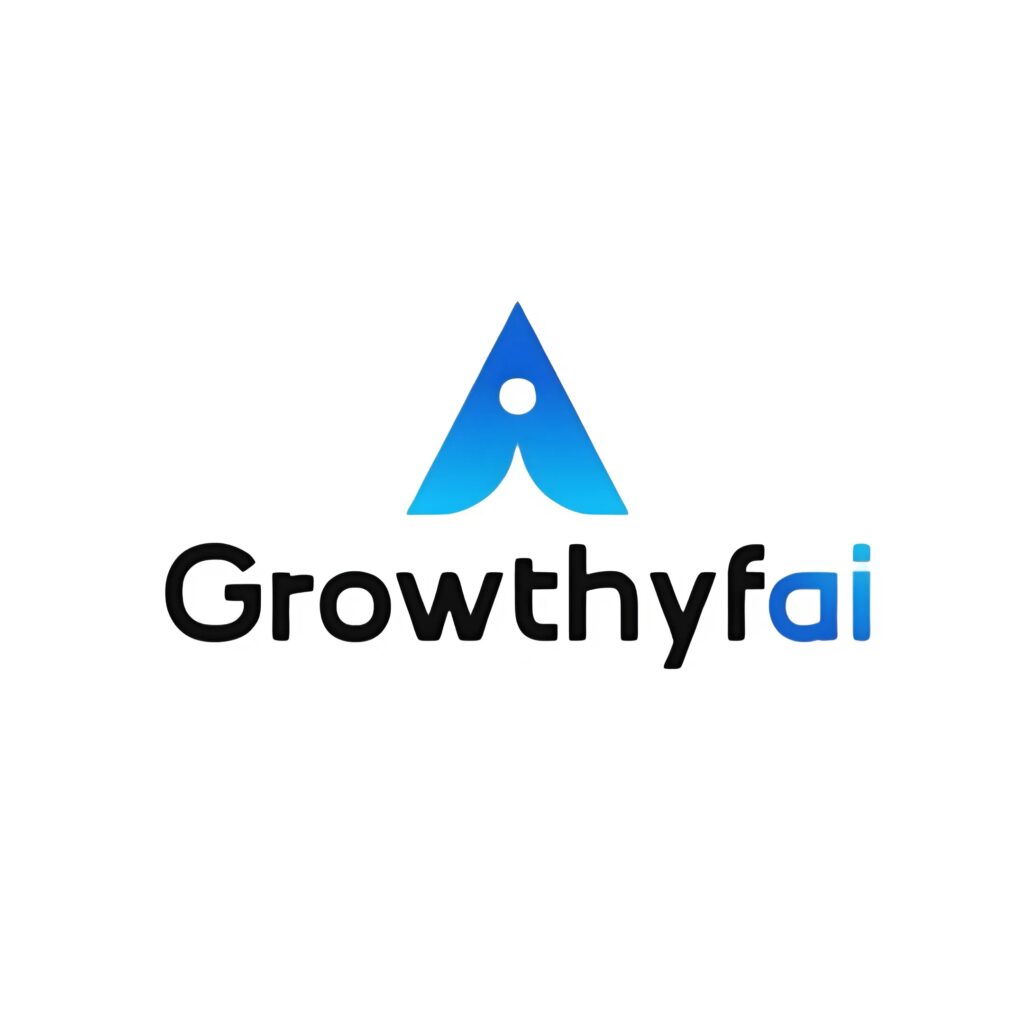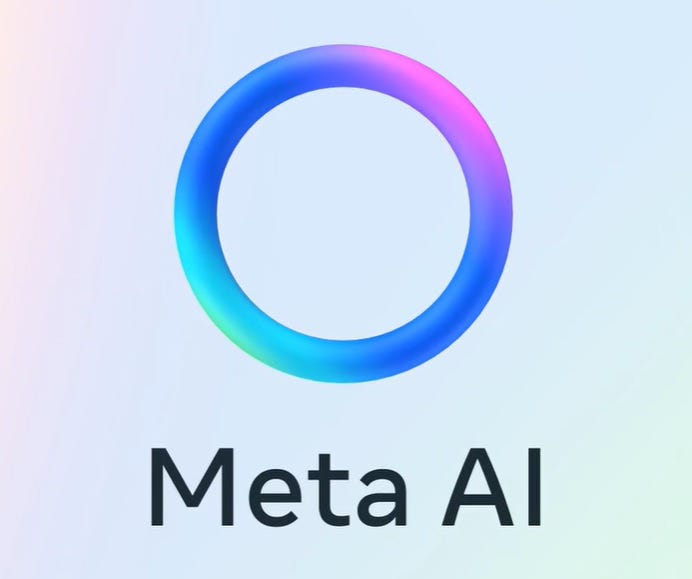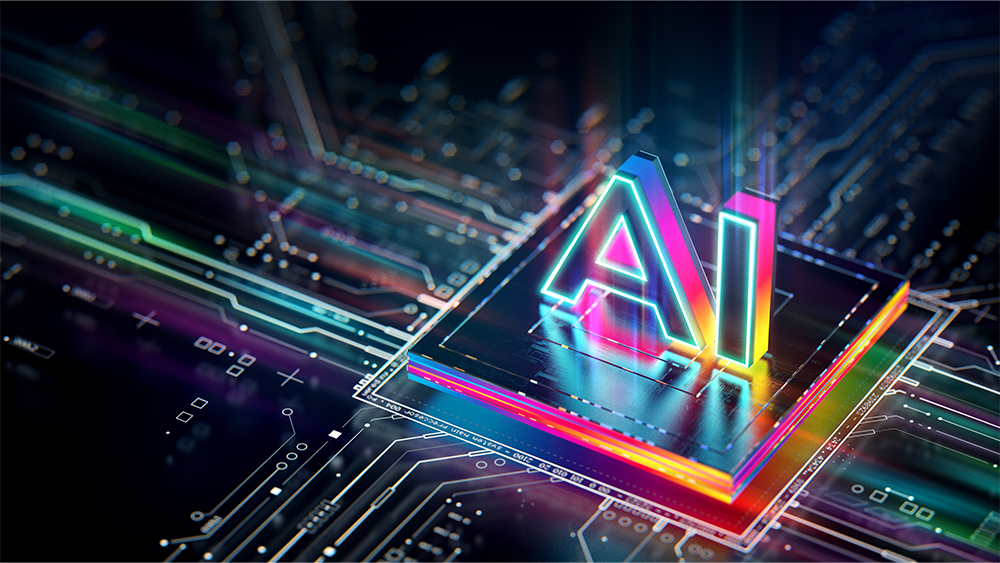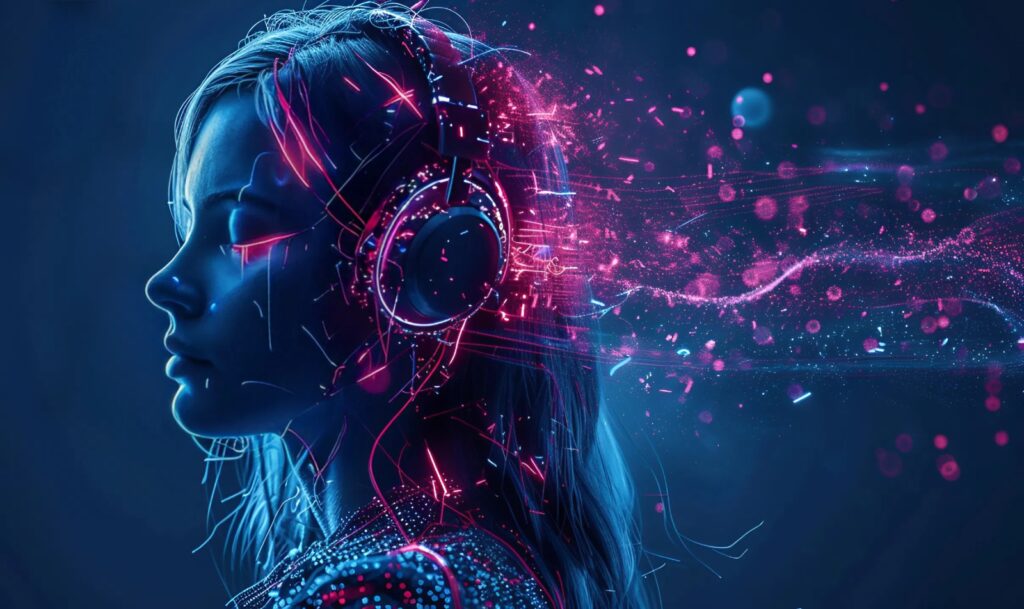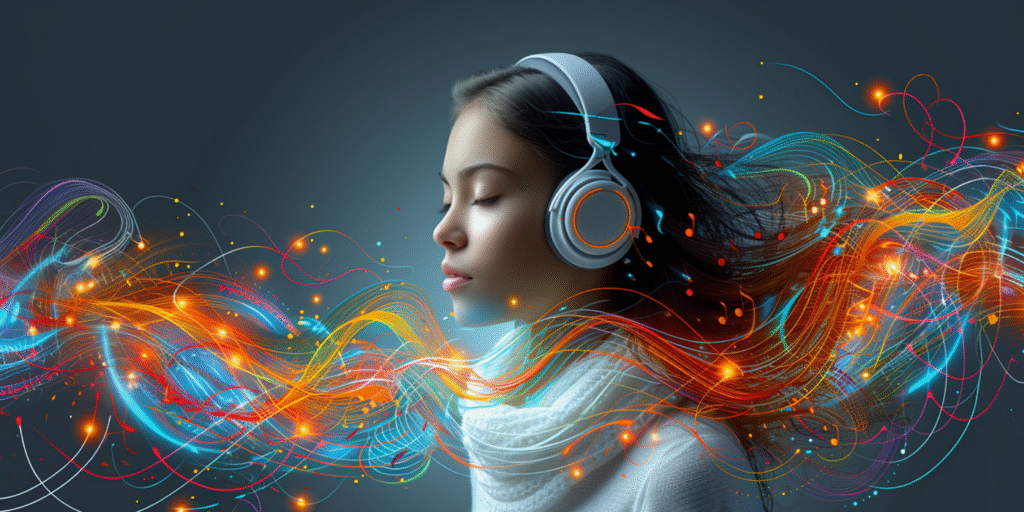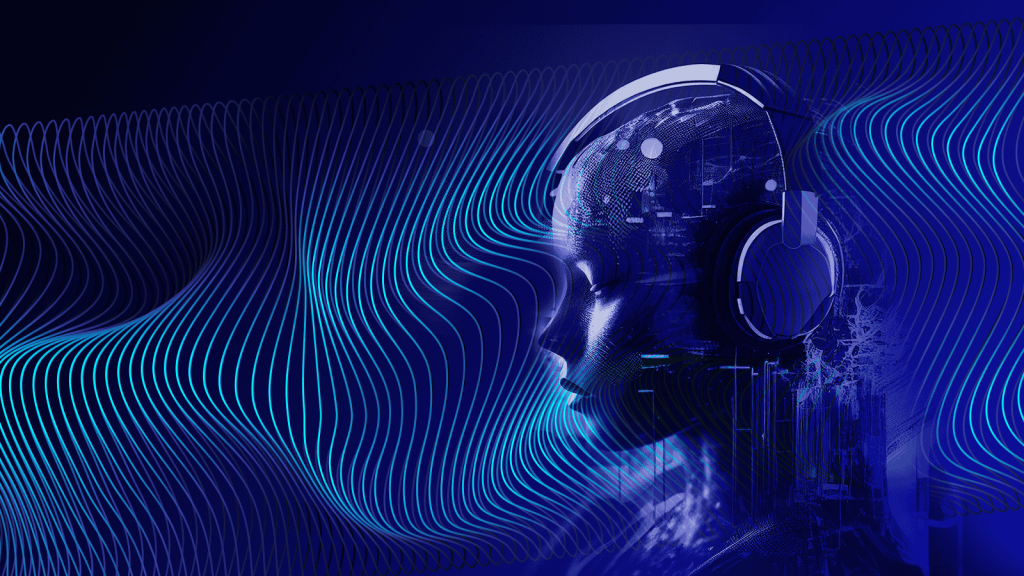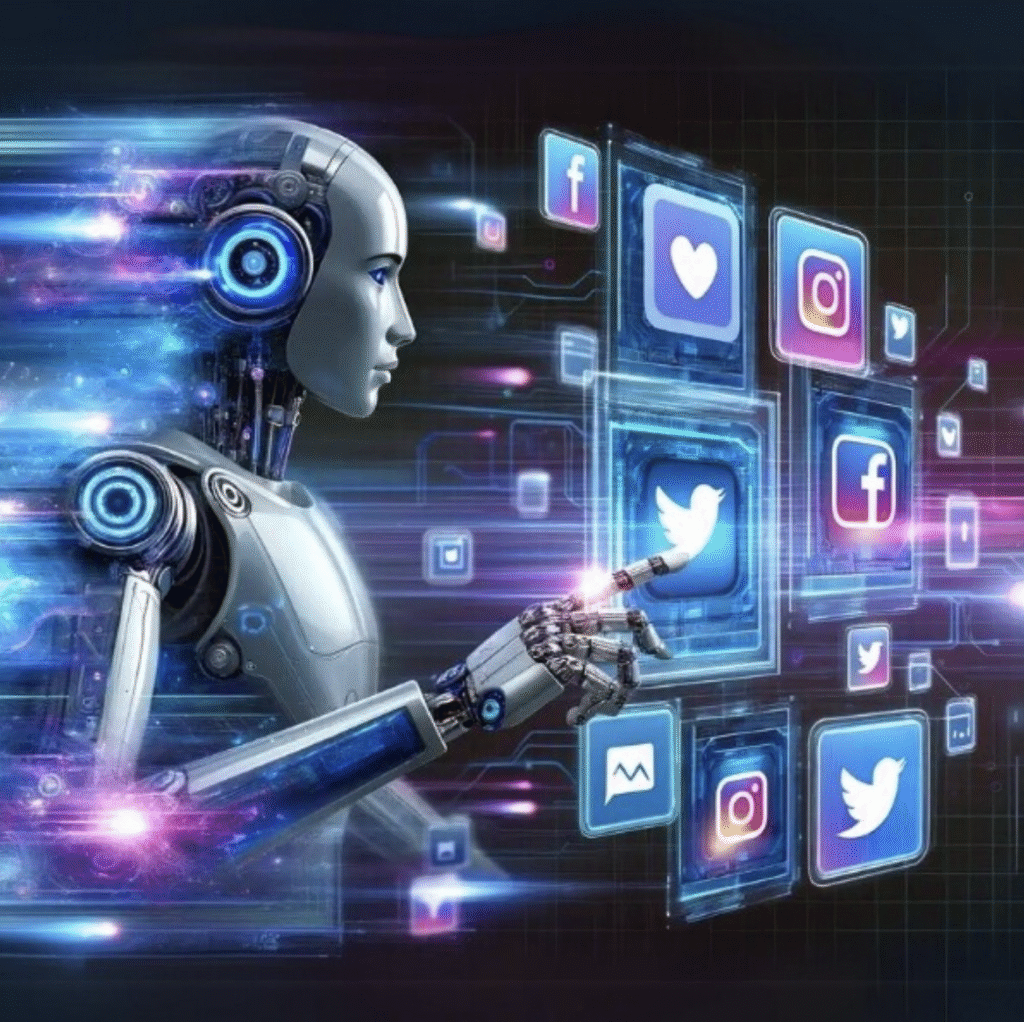Artists Rally as AI Songwriting Tool Explodes in Popularity.
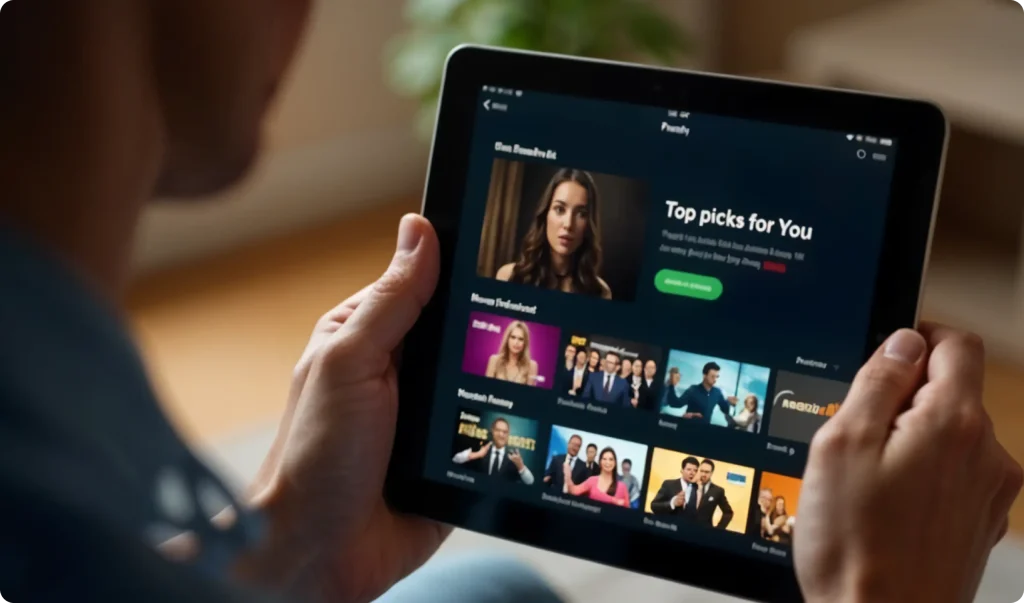
AI News: Artists Rally as AI Songwriting Tool Explodes in Popularity
The intersection of artificial intelligence and creativity has long been a topic of intense debate and fascination. As AI technology has advanced, it has increasingly staked its claim in the world of artistic creation, challenging traditional notions of what creativity truly entails. One area that has recently seen a significant surge in AI application is songwriting. The emergence and widespread adoption of AI songwriting tools have sparked a diverse range of reactions from artists, music enthusiasts, and industry professionals.
—
Understanding AI Songwriting Tools
AI songwriting tools utilize complex algorithms and vast databases of existing music to generate lyrics and melodies. These tools are designed to assist musicians in crafting songs, providing everything from lyrical inspiration to fully developed musical compositions. While AI has been used in various facets of music production before, its recent breakthroughs in songwriting have significantly raised the stakes.
Two prominent examples of AI songwriting tools are OpenAI’s MuseNet and Jukedeck. MuseNet can generate 4-minute musical compositions with ten different instruments, drawing inspiration from diverse styles. On the other hand, Jukedeck focuses more on the generation of royalty-free music tailored for filmmakers and content creators. These tools have quickly gained traction due to their accessibility, efficiency, and cost-effectiveness.
—
Why AI Songwriting Tools Are Gaining Popularity
1. **Access and Affordability**: Traditional songwriting often involves hiring or working alongside professional songwriters, which can be a costly affair. AI tools, however, democratize access to songwriting by removing the financial barrier, making music creation available to wider audiences.
2. **Speed and Efficiency**: Human creativity can sometimes be a slow and time-consuming process. AI tools help speed up this process by swiftly providing creative input, allowing artists to focus more on refining and personalizing their music.
3. **Inspiration and Experimentation**: AI tools serve as a creative starting point, offering suggestions that artists may not have otherwise considered. This ability to inspire and encourage experimentation is valued by many musicians who find themselves in creative ruts.
—
The Artist Community’s Response
The rise of AI in songwriting has elicited mixed reactions among artists. While some welcome the technology as a valuable aid, others perceive it as a potential threat to human artistry.
1. **Embracing the Technology**: Artists who see AI as an ally view it as an extension of their creative toolkit. These musicians often use AI-generated compositions as a rough draft that they then modify to infuse personal style and uniqueness. In fact, some renowned artists and producers have openly embraced AI. For example, Grammy-winning producer Alex da Kid has collaborated with IBM’s Watson to create hit songs by using AI to analyze music trends.
2. **Skepticism and Resistance**: Conversely, many artists express concerns about AI overshadowing human talent. There is fear that reliance on AI could erode the authenticity and emotional depth traditionally associated with music created by humans. The sentiment is that music should be a reflection of human experience and emotion, something AI cannot fully replicate.
3. **Legal and Ethical Concerns**: Another area of contention revolves around copyright issues and attribution. Questions about who owns the rights to AI-generated lyrics and melodies, and whether these creations should be attributed to AI or the human operators, are yet to find clear legal answers.
—
Case Studies of AI in Songwriting
To illustrate the impact and potential of AI in songwriting, let’s consider a few notable examples:
– **Taryn Southern**, a YouTube star and singer, used AI to produce her album “I AM AI.” She employed tools like Amper Music, which allowed her to control music elements while leaning on AI for composition. Southern’s experiment demonstrates that AI can be a collaborator rather than a competitor.
– **YACHT**, a band known for its experimental music, utilized AI to deconstruct and recreate tracks for their album “Chain Tripping.” They used a combination of machine learning and human creativity to craft unique sounds, showcasing the synergy between AI and human artistry.
These examples underscore that AI’s role in songwriting can vary significantly, from a behind-the-scenes assistant to an active co-creator.
—
The Future of AI Songwriting
As AI continues to evolve, so too will its capabilities in the realm of music creation. The question of where AI fits into the world of songwriting is still open. However, it is clear that AI is here to stay, and its integration into creative processes will only deepen.
– **Further Collaboration**: Future advancements could see even more seamless integration of AI and human creativity, where the lines between human and machine-generated content blur further. Enhanced machine learning algorithms might offer more personalized and nuanced suggestions, tailored to individual artist’s styles and genres.
– **Educational Opportunities**: AI can also serve as an educational tool, helping aspiring songwriters learn about music structure and composition in innovative ways.
– **Evolving Legal Frameworks**: As AI continually reshapes the music industry, there will be increasing pressure to develop legal frameworks that address the complexities of AI-generated content, ensuring fair compensation and recognition for human and AI contributions alike.
—
Conclusion
AI songwriting tools are undoubtedly reshaping the landscape of music creation. While they present numerous benefits in terms of efficiency, cost, and access, their rise also triggers critical discussions about the essence of creativity, the role of human artists, and the legalities surrounding AI-generated works. Whether embraced as creative partners or viewed with skepticism, these tools prompt us to rethink the boundaries of art and technology. As AI technology continues to evolve, artists and the music industry at large will need to adapt and find balance in this new era of creativity.

